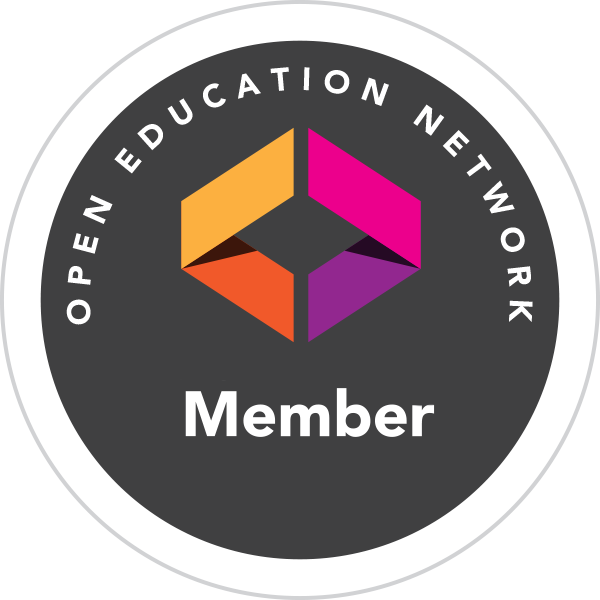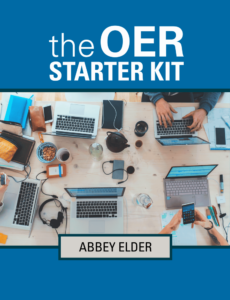Open Educational Resources

Open educational resources (OER) are textbooks, courses, and learning materials that anyone can use or adapt at no cost. Options and quality of OER have grown dramatically in recent years. UNE is a member of the Open Education Network.
Learn about mini-grant opportunities for faculty who review, adopt, modify, or create OER.
Getting started

Get started on finding, teaching with, and creating OER with The OER Starter Kit.
Finding OER
There are many OER repositories. The SUNY-Geneseo Openly Available Sources Integrated Search (OASIS) searches from 80 different sources, or you can search an individual repository:
OER Repositories
- B.C. Open Collection
- The BCcampus OER repository hosts lists of general and subject specific OER.
- MERLOT
- California State University repository of textbooks, case studies, quizzes and more with tools to create or adapt resources.
- OER Commons
- Diverse college-level materials. Includes a tool called Open Author for creating and sharing text or multimedia learning resources.
- Open Textbook Library
- Download and adapt free, open textbooks. To be included, textbooks must be in use at multiple higher education institutions, or be affiliated with a higher education institution, scholarly society, or professional organization.
- OpenStax College
- Free repository from Rice University with faculty-authored and peer-reviewed online textbooks for introductory courses in mathematics, science, and social science disciplines.
- PressBooks
- Free searchable catalog. Easy to copy, revise, remix, and redistribute any openly licensed content found here using Pressbooks’ publishing platform.
- Online Education Sites
- Course notes, reading and assignment ideas, and multimedia components that may have an open license:
Your subject librarian can help with finding a suitable OER to replace or augment your textbook.
Review Process
OER platforms that offer peer review generally post a detailed explanation of their process on their website and provide details about their assessment of the materials. For example, see MERLOT’s peer-review process and how that is applied to an OER textbook.
OER are also introducing a newer process of open and post-publication review.
Post-Publication User Review
Many OER include user reviews. Reviews generally include the name, occupation, and institution of the reviewer as well as a detailed evaluation following an assessment rubric. See an example of user reviews for an OER textbook on the Open Textbook Library.
In addition to reviews, you can also use our Faculty Guide for Evaluating Open Educational Resources checklist [PDF] to give your own assessment.
Create Your Own OER
If you are not able to find a good match for your course, why not create your own?
We offer DUNE:DigitalUNE as an open publishing platform and materials published here will be available to scholars and students worldwide.
Resources for Creating & Modifying OER
- Authoring Open Textbooks: A Guide for People Who Want to Make Open Textbooks
- Features a checklist for getting started, publishing program case studies, textbook organization and elements, writing resources and an overview of useful tools.
- Modifying an Open Textbook: What You Need to Know
- Five-step guide for importing and editing common open textbook file and platform types.
- BCCampus Open Textbook Accessibility Toolkit
- Provides the resources needed so that each content creater has the opportunity to create a truly open and accessible textbook for all students.
- Finding the Right Platform
- Crosswalk that compares ten academy-owned and open-source publishing platforms and prompts users by asking them what kind of project they want to publish and what features they want.
- Creative Commons License Chooser
- Questions to guide you towards the most appropriate license for your work. Learn more about Creative Commons licenses.
Questions & Help
If you have questions about using or creating OER, please contact Scholarly Communications Librarian Sonya Durney.

